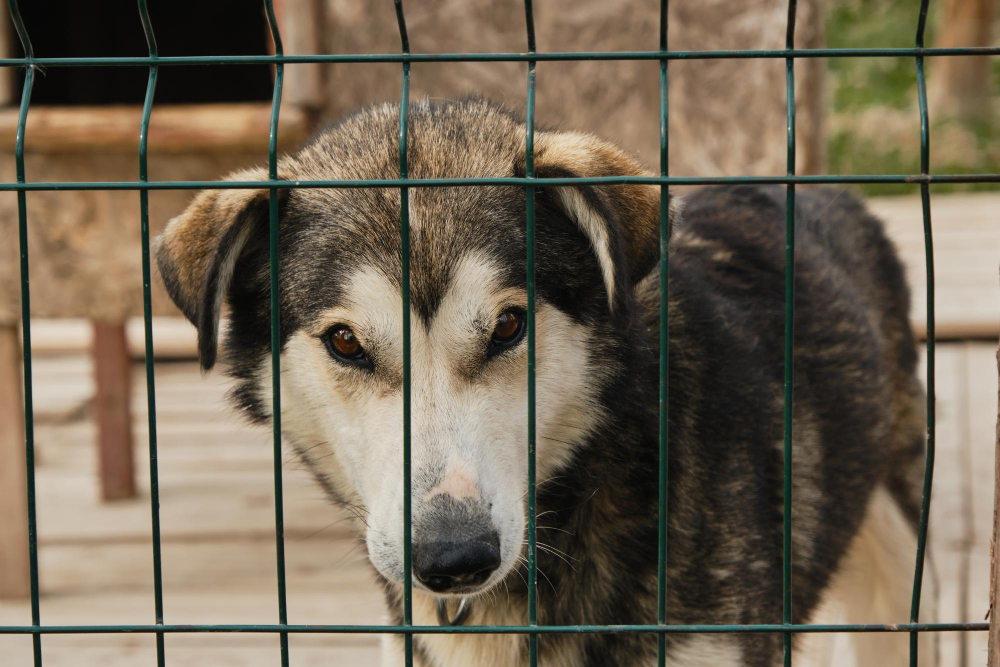The idea of starting a dog kennel business can be exciting, but it’s crucial to consider the legal aspects, such as planning permissions and licensing. In this comprehensive guide, we’ll cover everything you need to know about the regulations surrounding boarding kennels dogs, local kennels for dogs, and puppy boarding kennels in the UK. Additionally, we’ll discuss whether do dogs need kennels and the different types of kennels you might encounter.
Do You Need Planning Permission for Dog Kennels UK? Understanding Planning Permission
Planning permission is the process of seeking approval from local authorities before building or converting a structure. For dog kennels, it is important to obtain planning permission to ensure the facility meets the necessary requirements and adheres to regulations.
Criteria for Planning Permission
The need for planning permission depends on factors like the size and location of the proposed kennel, as well as the intended use. If you plan to build a new facility or modify an existing one, it’s essential to consult your local council and determine the specific requirements for your area.
The Application Process
Applying for planning permission involves submitting an application form, detailed plans, and any additional information requested by the local council. The process can take several weeks or months, and fees may apply. Be prepared to face potential challenges, such as objections from neighbors or the need for additional modifications.
The Importance of a Dog Boarding Licence
A dog boarding licence is essential for running a kennel in the UK. This licence ensures that you comply with the Animal Welfare Act and meet the necessary standards for the well-being of dogs in your care.
Obtaining a Licence
To obtain a dog boarding licence, you’ll need to apply through your local council. The application process includes a fee, which varies depending on your location, and an inspection of your facility to ensure it meets the required standards. Be prepared to demonstrate your ability to provide a safe, clean, and secure environment for the dogs in your care.
Penalties for Operating Without a Licence
Operating a dog kennel without a licence can result in significant fines or even imprisonment. It’s crucial to comply with all regulations and maintain your licence to avoid potential legal consequences.
How Much Space Do You Need for A Kennel? The Role of Space in Dog Welfare
Providing adequate space for dogs is essential for their well-being and the success of your kennel business. The amount of space needed depends on the type of kennel you operate, whether it’s boarding kennels dogs, local kennels for dogs, or puppy boarding kennels. To determine the ideal size of the installations and ensure you meet the necessary requirements, it’s advisable to hire a trained professional in the area who can offer guidance and expertise on optimizing the space for the dogs in your care.
Minimum Space Requirements
Each type of kennel has specific space requirements. For example, commercial boarding kennels typically require more space than domestic local kennels. Puppy boarding kennels may have additional needs due to the age of the dogs. Consult with your local council to determine the specific requirements for your facility.
Optimizing Kennel Space
To ensure the welfare of the dogs in your care and the efficient operation of your kennel, it’s essential to optimize the available space. This includes providing separate areas for play, exercise, and rest, as well as maintaining cleanliness and appropriate temperature and humidity levels. Additionally, it’s important to consider having a separate maternity space for pregnant dogs and newborn puppies, offering them a quiet, secure environment away from the main kennel area. By addressing these factors, you can create a comfortable and safe space that caters to the specific needs of each dog in your kennel.
What Are the Two Types of Kennels? Commercial vs. Domestic Kennels
There are two main types of dog kennels: commercial and domestic. Commercial kennels, like boarding kennels dogs, provide a professional service where dogs are cared for in a dedicated facility while their owners are away. Domestic kennels, or local kennels for dogs, often operate from the owner’s home and cater to a smaller number of dogs, providing a more personalized experience.
Regulations and Requirements for Commercial Kennels
Commercial kennels, including boarding kennels dogs and puppy boarding kennels, are subject to more stringent regulations than domestic kennels. They often require planning permission, a dog boarding licence, and must meet higher standards for space, sanitation, and safety. Regular inspections may also be necessary to ensure continued compliance with these standards.
Regulations and Requirements for Domestic Kennels
Domestic kennels, or local kennels for dogs, typically have fewer requirements than their commercial counterparts. However, they may still need a dog boarding licence, depending on the number of dogs cared for and the specific regulations in your area. It’s essential to consult your local council to determine the appropriate requirements for your domestic kennel.
Conclusion
Understanding and complying with the regulations for dog kennels in the UK is crucial for anyone considering starting a business in this field. Whether you’re operating boarding kennels dogs, local kennels for dogs, or puppy boarding kennels, be prepared to navigate the complexities of planning permission, licensing, and space requirements. By working closely with local authorities and other professionals, you can ensure that your dog kennel business meets all necessary standards and provides a safe, nurturing environment for the dogs in your care.
As you consider the question, do dogs need kennels? remember that a well-run kennel can provide a valuable service to dog owners and contribute positively to the well-being of the animals in your care. By following the guidelines laid out in this article, you can be well on your way to creating a successful and compliant dog kennel business in the UK.

